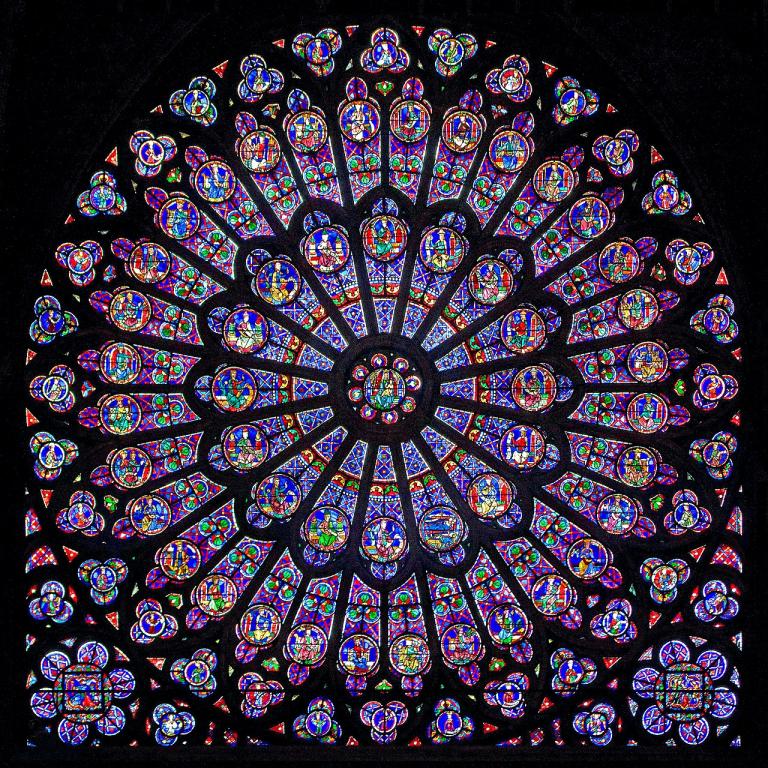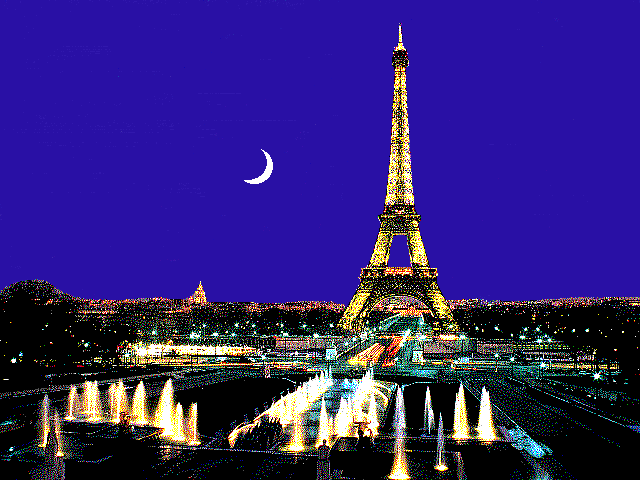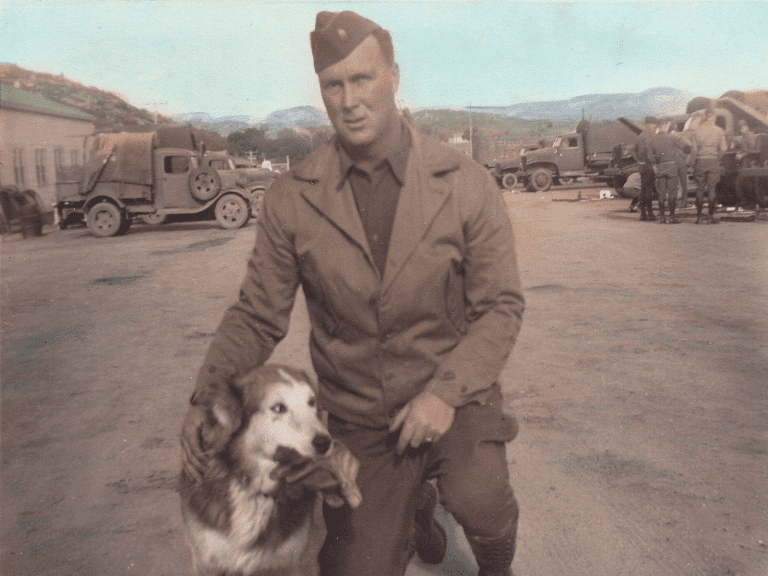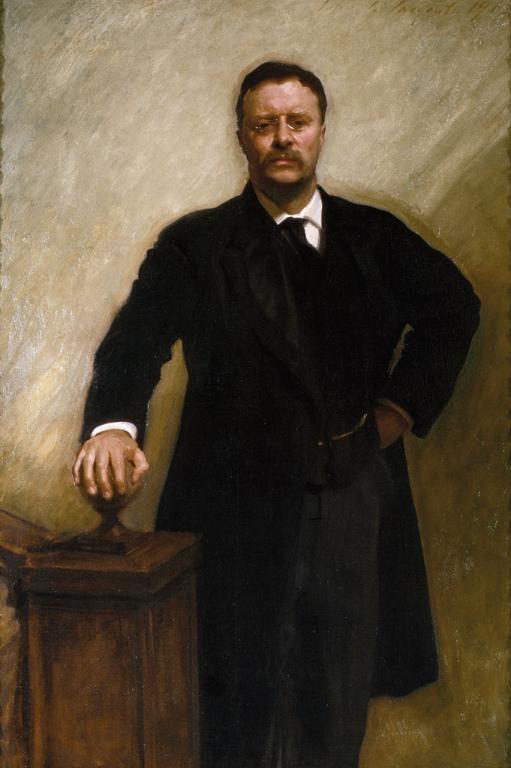
Up yesterday on the website of the Interpreter Foundation:
Conference Talks: The Messianic Sacred, Not Secret: The Son as a Hidden Name in the Gospel of Mark, originally presented by Jasmin Gimenez Rappleye on Saturday, 7 November 2020, at the Interpreter Foundation’s 2020 Temple on Mount Zion Conference
The “Messianic Secret” theory proposes that Jesus Christ forbids demons and followers from revealing who he is for an enigmatic reason. While the findings of the original theory have largely been abandoned, the idea of secrecy motifs in Mark has endured. Mark’s use of the “Son” may be an interpretive key for understanding some of Mark’s enigmatic secrecy motifs. The Gospel of Mark casts the “Son” as a sacred and identifying title for Jesus Christ, which he receives at baptism, keeps hidden from the profane, and ultimately reveals at the cross, symbolized by the rending of the temple veil. This name is used as a device to highlight the ironic recognition of demons, the misunderstanding of the disciples, and the ultimate access humanity has to Jesus Christ’s salvific identity.

(Wikimedia Commons public domain image)
On 23 April 1910, Theodore Roosevelt, who had stepped down as the twenty-sixth president of the United States about thirteen months earlier, delivered an address entitled “Citizenship In A Republic” at the Sorbonne — the venerable university that was established in AD 1257 — in Paris, France. One particular passage from that speech has justly become famous and is frequently reproduced. It’s a great favorite of mine, as well. So famous has it become, in fact, that the original title of President Roosevelt’s remarks is often forgotten, and the speech is more commonly called “The Man in the Arena.”
I reread it the other day — the speech as a whole is well worth reading — and was struck by context in which the iconic “man in the arena” passage occurs. Accordingly, I reproduce here the preceding paragraph and the full paragraph of which that most famous passage is a part. I hope that you’ll enjoy them:
It is well if a large proportion of the leaders in any republic, in any democracy, are, as a matter of course, drawn from the classes represented in this audience to-day; but only provided that those classes possess the gifts of sympathy with plain people and of devotion to great ideals. You and those like you have received special advantages; you have all of you had the opportunity for mental training; many of you have had leisure; most of you have had a chance for enjoyment of life far greater than comes to the majority of your fellows. To you and your kind much has been given, and from you much should be expected. Yet there are certain failings against which it is especially incumbent that both men of trained and cultivated intellect, and men of inherited wealth and position should especially guard themselves, because to these failings they are especially liable; and if yielded to, their- your- chances of useful service are at an end. Let the man of learning, the man of lettered leisure, beware of that queer and cheap temptation to pose to himself and to others as a cynic, as the man who has outgrown emotions and beliefs, the man to whom good and evil are as one. The poorest way to face life is to face it with a sneer. There are many men who feel a kind of twister pride in cynicism; there are many who confine themselves to criticism of the way others do what they themselves dare not even attempt. There is no more unhealthy being, no man less worthy of respect, than he who either really holds, or feigns to hold, an attitude of sneering disbelief toward all that is great and lofty, whether in achievement or in that noble effort which, even if it fails, comes to second achievement. A cynical habit of thought and speech, a readiness to criticise work which the critic himself never tries to perform, an intellectual aloofness which will not accept contact with life’s realities – all these are marks, not as the possessor would fain to think, of superiority but of weakness. They mark the men unfit to bear their part painfully in the stern strife of living, who seek, in the affection of contempt for the achievements of others, to hide from others and from themselves in their own weakness. The rôle is easy; there is none easier, save only the rôle of the man who sneers alike at both criticism and performance.
It is not the critic who counts; not the man who points out how the strong man stumbles, or where the doer of deeds could have done them better. The credit belongs to the man who is actually in the arena, whose face is marred by dust and sweat and blood; who strives valiantly; who errs, who comes short again and again, because there is no effort without error and shortcoming; but who does actually strive to do the deeds; who knows great enthusiasms, the great devotions; who spends himself in a worthy cause; who at the best knows in the end the triumph of high achievement, and who at the worst, if he fails, at least fails while daring greatly, so that his place shall never be with those cold and timid souls who neither know victory nor defeat. Shame on the man of cultivated taste who permits refinement to develop into fastidiousness that unfits him for doing the rough work of a workaday world. Among the free peoples who govern themselves there is but a small field of usefulness open for the men of cloistered life who shrink from contact with their fellows. Still less room is there for those who deride of slight what is done by those who actually bear the brunt of the day; nor yet for those others who always profess that they would like to take action, if only the conditions of life were not exactly what they actually are. The man who does nothing cuts the same sordid figure in the pages of history, whether he be a cynic, or fop, or voluptuary. There is little use for the being whose tepid soul knows nothing of great and generous emotion, of the high pride, the stern belief, the lofty enthusiasm, of the men who quell the storm and ride the thunder. Well for these men if they succeed; well also, though not so well, if they fail, given only that they have nobly ventured, and have put forth all their heart and strength. It is war-worn Hotspur, spent with hard fighting, he of the many errors and valiant end, over whose memory we love to linger, not over the memory of the young lord who “but for the vile guns would have been a valiant soldier.”













